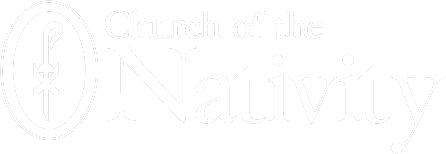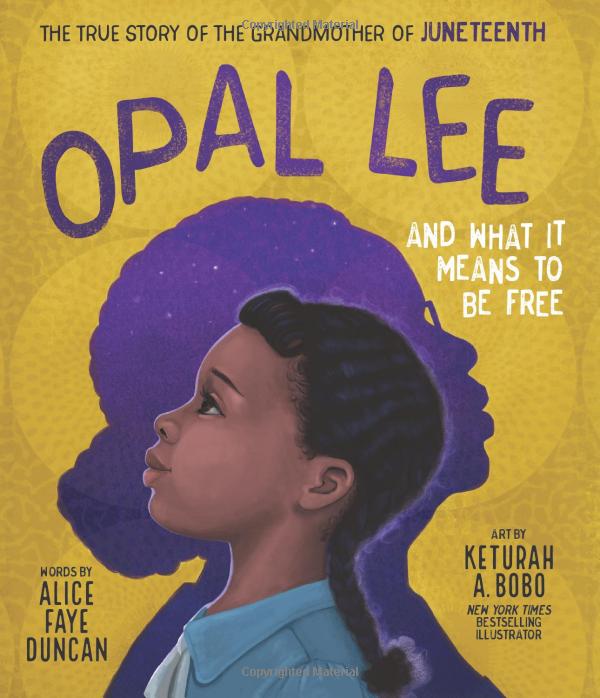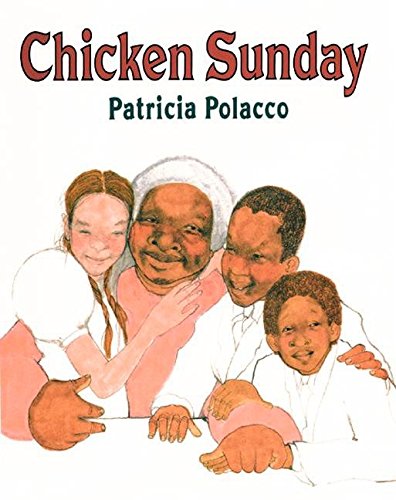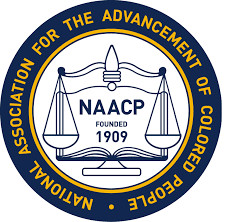When does Christianity make the news? Is it sadly too often in ways that do not feel Christlike? In ways that feel small and judgmental and unkind? Do you ever wish that the way you have experienced Christ and his church could make more of an impact on what decisions our leaders and our communities make, that those could be a bigger part of the discussion?
One Wake hopes to fill that space. One Wake is an organization that Nativity is considering joining as a parish initiative. They are an organization of 40+ faith communities in Wake County that believe making systemic change to care for our neighbors is worth banding together for. Not only that, they are part of national network of similar organizations working for similar changes – the North Carolina IAF network includes One Wake, Durham CAN, the Orange County Justice United, the Forsyth Multiracial project, and the NC Congress of Latino Organizations. In each region, they are assessing what our faiths are calling us to do so that every community is set up to thrive!
The focus of One Wake right now is on Affordable Housing and Educational Opportunities – a push-pull effort to help low income people have a place in our county. While there have been real wins in areas like Cary, One Wake is now embarking on their Homeowners Assistance Campaign hoping to convince the Raleigh City Council to develop a subsidy program for low income residents that are being priced out of their own neighborhoods due to property taxes, especially in Southeast Raleigh that has historically been underfunded by the city and county. Last week, at their quarterly meeting, a resident of Southeast Raleigh described losing her house and losing her community . . . a community that had supported the African American residents for decades when the city did not. That they are losing that community now is heartbreaking.
One Wake has organized a meeting with Raleigh City Council members and candidates at St. Ambrose Episcopal Church on October 6th at 7:30pm to discuss One Wake’s affordable housing proposal and gain commitments from the council members. It is expected that five hundred One Wake members will attend . . . including several of us from Nativity. We’d love for others to join us! We are excited to be part of faith communities speaking up for initiatives that care for our neighbors . . . as well as just seeing how One Wake works!
Register here, if you’re interested.
There is a financial component of becoming a member of One Wake, and you will hear more about that as part of this fall’s Stewardship campaign. For now, please consider the work that these folks are doing, and pray for wisdom and the open hearts of the city’s leadership. And if you want to join us on October 6 at the Raleigh City Council Assembly, let Becky Showalter know!
Nativity’s One Wake Initiative Steering Committee (Tentative)
Becky Showalter, Roy Immelman, Emily Jividien, Pete Crow, Anne Stokes








